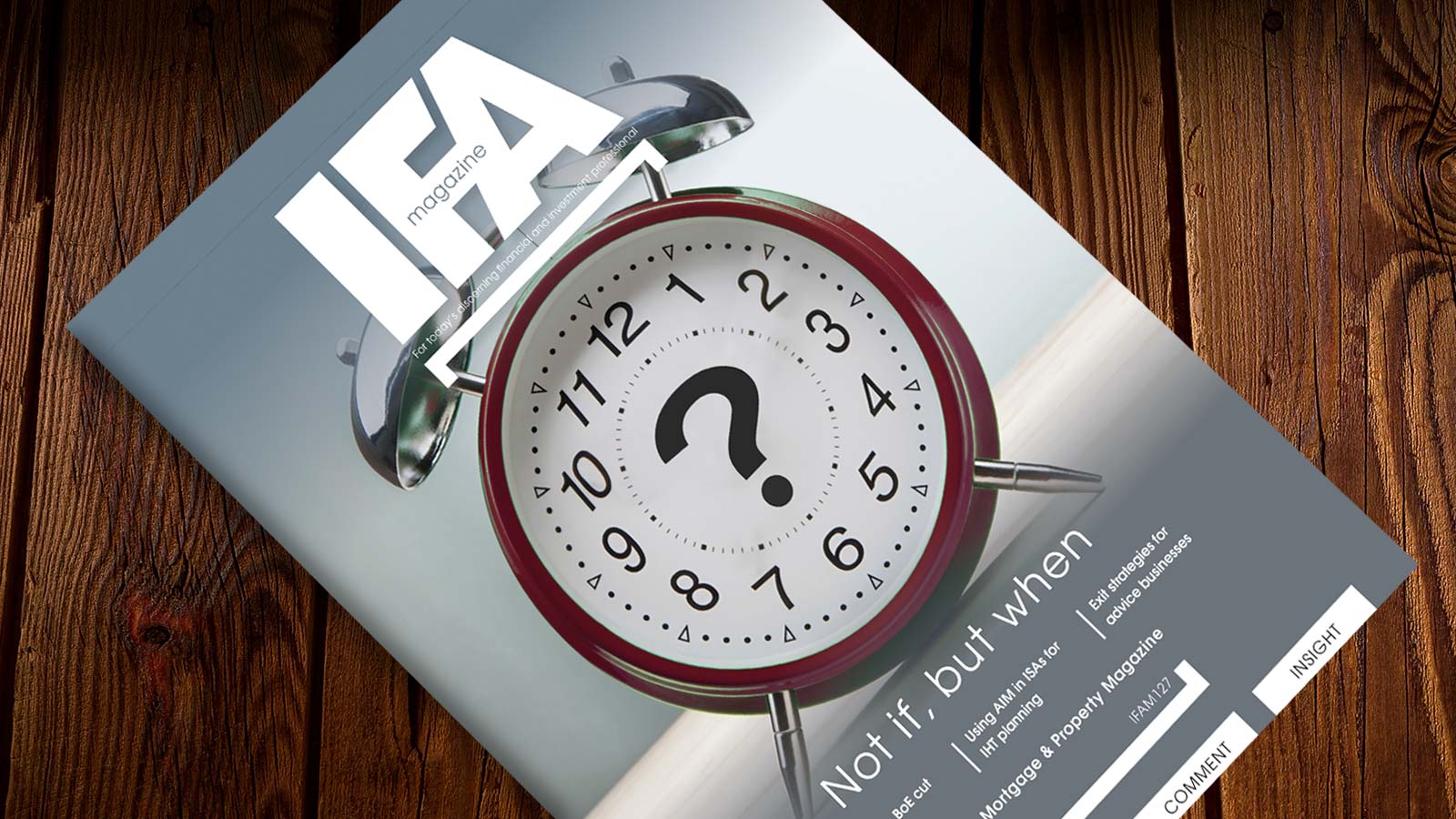Ahead of this week’s planned mini-Budget, or ‘fiscal event’, expected to be delivered on Friday, AJ Bell experts comment on some of the key business, economic, tax and personal finance challenges facing the new Chancellor Kwasi Kwarteng.
- Business & economy
Financial analyst Danni Hewson, comments on plans for business, the economy and corporation tax:
“The new PM has said growing the economy is a priority for her government and believes reversing the planned rise in corporation tax is a key building block. Getting more businesses to use Britain as a home base would create more jobs and revenue, growing the pie so there’s more to go around.
“But that growth will take time, especially with a global recession on the cards, and in the near term it will eat into the cash the exchequer had been banking on to pay off debts and fund public services.
“And there’s no guarantee that keeping the corporation tax rate at 19% will be an incentive to international businesses looking for a gateway to get their goods to market – a gateway many feel the UK has now tangled in red tape post Brexit.
“Whilst households have been protected from the worst of rising energy prices by the country’s price cap, businesses have had no such cushion. Many have seen their bills skyrocket at a time consumers are cutting back and the economy is slowing. Liz Truss has stated that her government will bring in measures to curb energy costs for businesses for a period of six months but there’s been little detail about how that might work or how quickly it can be implemented.
“And though energy costs are the most pressing concern for many businesses, small firms are particularly desperate for information about the help that may be available beyond a price cap.
“Whilst keeping more money in people’s pockets should help some companies that rely on consumer demand, other costs, including wages, are weighing heavily and there will be plenty of business owners hoping the new Chancellor has some kind of rabbit ready to pull out of the hat when he takes to his feet on Friday.”
- Pensions
Head of retirement policy Tom Selby comments on the government’s approach to the state pension triple lock:
“Liz Truss pledged to retain the state pension triple-lock during the Conservative leadership contest – a promise which will almost certainly see the full state pension rise beyond £10,000 per year in 2023. The mini-Budget gives the new Prime Minister’s Government the opportunity to reaffirm that promise and shore up support among older voters.
“The triple-lock manifesto commitment, which uprates the state pension by the highest of average earnings, inflation, or 2.5%, was abandoned for 2022 because providing an increase of over 8%, in line with earnings growth the previous year, was deemed too expensive. As a result, pensioners have seen their state benefits uprated by just 3.1% this year as inflation runs rampant – and the Exchequer saved around £5 billion a year.
“The key figure when it comes to the triple-lock next year is CPI inflation in September, which most now expect to be in excess of 10%. A 10% rise in the value of the full state pension would increase the benefit from £185.15 per week to £203.65 per week*, or almost £10,600 a year. It would likely cost the Treasury over £10 billion – a hefty price tag even in the context of the huge Government support packages we have seen in recent years.”
*Rounded to the nearest 5p
- Tax and Energy bills
Head of personal finance Laura Suter, comments on National Insurance, household energy bills, and personal taxation:
“Cutting National Insurance was top of the agenda for Liz Truss during her campaign and we’re all keen to see how she actually goes about that. In the whirlwind of tax changes brought in by Rishi Sunak he raised the National Insurance rate, but also increased the threshold at which you first pay it. Will Truss only reverse the 1.25% rise, or will she unpick Sunak’s plans entirely and cut the threshold back too?
“And how will Truss and Kwarteng deal with dividend tax rates, which were also hiked when National Insurance rose?
“The Energy Price Guarantee was unveiled but little detail has yet been revealed, so everyone is eagerly awaiting some flesh on the bones. The big question is how the Government is going to pay for it, and whether taxpayers will foot the bill. We’ll also hopefully get more detail about how people locked into fixed rate deals, or on prepayment meters, will be treated under the new plan. Truss pledged to cut green taxes on energy bills, giving a further boost to bill payers, so we expect more information on that too.
“Rumours are also swirling of a VAT cut, either to 15% or even 10%. This is very much in the rumour mill, rather than a concrete pledge, but it fits with Liz Truss’ tax cutting agenda. And she could sell it as an extra boon to cash-strapped businesses, much as her predecessor did during the pandemic.”


















